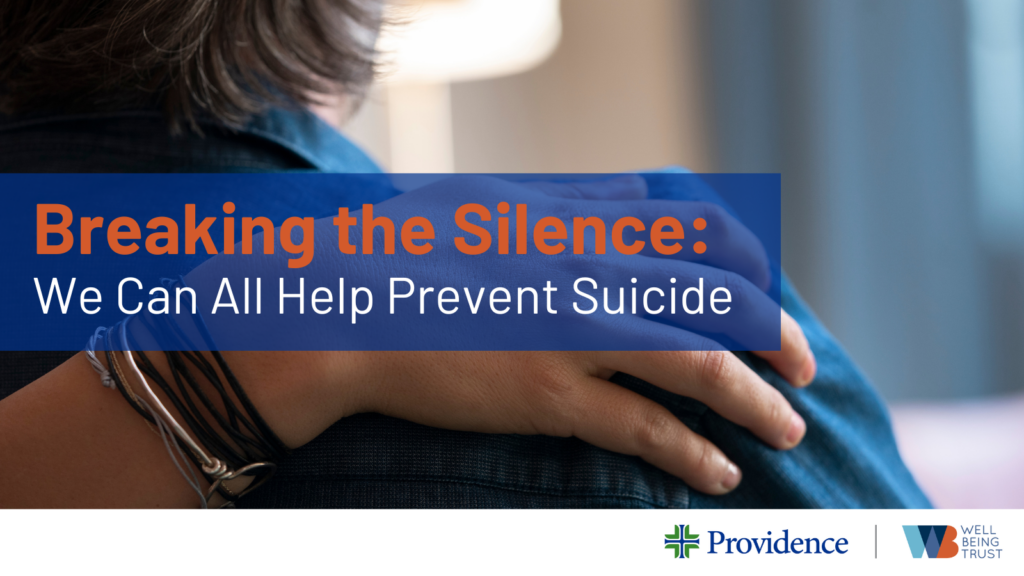KASH Conference Calls for Paradigm Shift in Suicide Prevention, Emphasizing Compassion and Support

Today, at the KASH Conference, a significant conversation took place regarding the stigmatization of suicide and mental health issues in society. The conference underscored a crucial message: suicide is not a crime but a health crisis, and those who struggle with it deserve compassion and medical care, not punishment.
Breaking the Silence: Suicide Is Not a Crime
Historically, suicide and attempted suicide have been treated as offenses in many countries, leading to the criminalization of those who attempt to take their lives. This law only added to the suffering of individuals already struggling with their mental health. However, a landmark ruling by the Kenya Psychiatric Association (KPA) has changed the legal landscape, ensuring that attempted suicide is no longer a criminal offense. This ruling is a step towards correcting a historical injustice that punished people at their most vulnerable.
The focus should now shift to ensuring that those who attempt suicide are treated in hospitals, not in jails. The criminal justice system needs to be sensitized to this change, and those arrested for attempting suicide should be released. Public awareness campaigns are essential to ensure that people understand the new law and the compassionate approach to mental health.
A Call for Compassion from Religious Leaders
Religious leaders play a significant role in shaping public perception and providing support to those in need. It is essential that they are informed and trained on the realities of mental health, especially depression and suicidal tendencies. Religious communities are often the first point of contact for people experiencing emotional distress, and religious leaders must be equipped with the knowledge to offer proper guidance and support.
Religious leaders should encourage their congregations to be more empathetic, to understand the mental health challenges that individuals may face, and to advocate for a shift in societal attitudes toward those struggling with suicide ideation.
The Role of the Media: A Responsible Approach to Reporting Suicide
The media has a powerful influence on public perception. It is critical that suicide is reported in a sensitive and responsible manner to avoid glorifying or encouraging further attempts. By framing suicide with empathy and providing information on available support, the media can be a vital tool in the fight against this public health crisis.
The portrayal of mental health struggles should highlight the importance of seeking help, reducing stigma, and emphasizing that recovery is possible. The media must play an active role in creating an environment where people feel safe to talk about their mental health without fear of judgment.
Implementing a Suicide Prevention Strategy
The conversation about suicide and mental health must go beyond legal reform and media sensitivity. A comprehensive suicide prevention strategy must be implemented nationwide. This includes training health practitioners to effectively deal with individuals struggling with mental health challenges. From therapists to general practitioners, everyone involved in healthcare should be equipped to identify warning signs of depression and suicidal tendencies and provide the necessary intervention.
Children and young people are particularly vulnerable, which is why mental health education in schools is crucial. By fostering emotional resilience early on, we can equip the next generation with the tools they need to manage their mental health in healthy ways.
KEMRI’s Role in Mental Health Advocacy
The Kenya Medical Research Institute (KEMRI) has been at the forefront of advocating for better mental health care in Kenya. One of KEMRI’s focuses is addressing the high rates of depression among high school students. By tapping into this demographic, KEMRI aims to create targeted interventions to help students understand and manage mental health challenges early on. Furthermore, KEMRI is also advocating for mental health support for health workers, recognizing that those who care for others also need care themselves.
Moving Forward: A Collective Effort
The journey towards better mental health care is one that requires a collective effort. From legal reforms and media responsibility to education and training for religious leaders, the path to suicide prevention and mental health support needs to be broad and inclusive. Only by working together can we ensure that those struggling with mental health challenges receive the help, understanding, and compassion they deserve.
A paradigm shift is needed – one that fosters empathy, understanding, and proactive support. With a more informed society, we can break the silence surrounding suicide and mental health, reduce stigma, and save lives.




